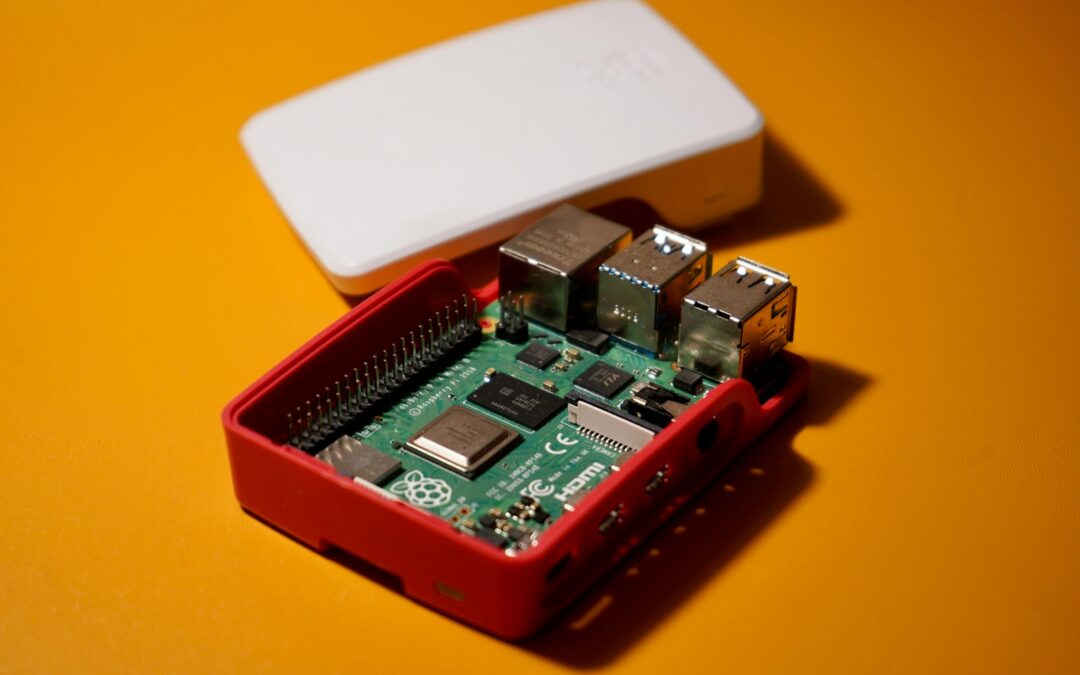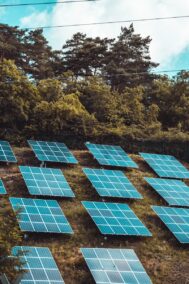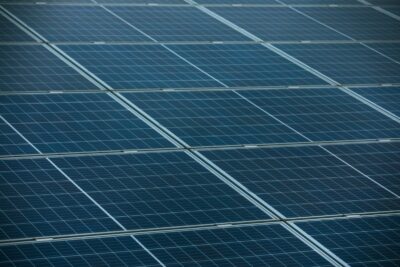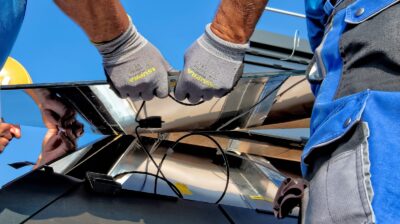Solar Panels with Nanocoatings: The Future of Renewable Energy
Introduction to Solar Panels with Nanocoatings
The integration of solar panels with nanocoatings marks a significant leap forward in the field of renewable energy. As the world grapples with the pressing need for sustainable energy solutions, countries like Saudi Arabia and the UAE are at the forefront of adopting cutting-edge technologies. Nanocoatings, applied to solar panels, enhance their efficiency by improving light absorption and reducing energy losses. This advancement is particularly crucial for regions with high solar irradiance, such as Riyadh and Dubai, where maximizing energy conversion can lead to substantial economic and environmental benefits.
Nanocoatings work at a microscopic level to alter the surface properties of solar panels. These coatings can be designed to minimize the reflection of sunlight, thereby allowing more light to enter the photovoltaic cells. The result is a marked increase in energy conversion efficiency, making solar power a more viable and attractive option for large-scale energy production. For business executives and mid-level managers in the renewable energy sector, understanding the impact of nanocoatings on solar panels is essential for making informed investment decisions.
In addition to enhancing efficiency, nanocoatings can also provide protective benefits. They can make solar panels more resistant to environmental factors such as dust, dirt, and moisture, which are prevalent in desert regions like the Middle East. This durability reduces maintenance costs and extends the lifespan of the panels, further improving the return on investment for businesses and government projects alike.
The Business Case for Nanocoated Solar Panels
The adoption of solar panels with nanocoatings presents a compelling business case for companies operating in the Middle East. With Saudi Arabia’s Vision 2030 and the UAE’s commitment to sustainable development, there is a significant push towards integrating renewable energy sources into the national grid. Solar energy, supported by advanced nanotechnology, is poised to play a crucial role in these initiatives.
For entrepreneurs and business leaders, investing in nanocoated solar panels can offer competitive advantages. These panels can deliver higher efficiency rates, translating into lower energy costs and greater energy independence. Businesses can leverage these benefits to enhance their sustainability credentials, attract eco-conscious consumers, and comply with increasingly stringent environmental regulations. In regions like Riyadh and Dubai, where sunlight is abundant, the economic incentives for adopting such technology are substantial.
Moreover, the integration of solar panels with nanocoatings aligns with broader trends in technological innovation and digital transformation. As industries embrace the Internet of Things (IoT), artificial intelligence, and blockchain technology, the energy sector is no exception. Nanocoatings represent a convergence of material science and smart technology, offering a glimpse into the future of energy solutions. Business executives must stay ahead of these trends to ensure their companies remain competitive in a rapidly evolving market.
Technological Innovations Driving Efficiency
Nanotechnology is at the heart of many technological innovations driving efficiency in solar energy. The application of nanocoatings to solar panels is just one example of how this technology is being harnessed to enhance performance. These coatings can be engineered to have specific properties, such as anti-reflective or self-cleaning surfaces, which can significantly boost the efficiency and longevity of solar panels.
In the context of Saudi Arabia and the UAE, where dust and sandstorms are common, self-cleaning nanocoatings can be particularly beneficial. These coatings can repel dust and debris, ensuring that solar panels maintain their efficiency without the need for frequent cleaning. This not only reduces maintenance costs but also minimizes the downtime of solar power systems, ensuring a more consistent and reliable energy supply.
Furthermore, the development of nanocoatings is closely linked to advances in artificial intelligence and machine learning. These technologies can be used to optimize the application of nanocoatings, ensuring that they are applied in the most effective manner. For example, AI algorithms can analyze environmental data to determine the optimal thickness and composition of the nanocoating, maximizing its performance under specific conditions. This level of precision and customization represents a significant advancement in the field of renewable energy.
Executive Coaching for Sustainable Leadership
The rapid adoption of solar panels with nanocoatings in regions like Saudi Arabia and the UAE underscores the need for effective leadership and management skills. Executive coaching services play a crucial role in preparing business leaders to navigate the complexities of implementing such advanced technologies. By fostering a culture of innovation and sustainability, executive coaches can help leaders drive their organizations towards greater success in the renewable energy sector.
Effective communication is a key component of this leadership. Executives must be able to articulate the benefits of investing in solar panels with nanocoatings to stakeholders, including board members, investors, and employees. This requires a deep understanding of both the technical aspects of the technology and the broader business implications. Executive coaching can provide leaders with the skills and confidence needed to make a persuasive case for sustainability initiatives.
In addition, change management is essential for the successful integration of new technologies. Organizations must be able to adapt to the rapidly changing landscape of the energy sector, and this requires a strategic approach to managing change. Executive coaches can support leaders in developing and implementing change management strategies that ensure a smooth transition to new technologies, minimizing disruption and maximizing the benefits.
The Role of Management Consulting in Renewable Energy
Management consulting firms have a pivotal role to play in the renewable energy sector, particularly in the adoption of solar panels with nanocoatings. These firms can provide valuable insights and expertise, helping organizations to navigate the complexities of implementing new technologies. In Saudi Arabia and the UAE, where there is a strong emphasis on sustainability, management consultants can support businesses in aligning their strategies with national goals and regulatory frameworks.
Consultants can assist with a range of services, from feasibility studies and financial modeling to project management and regulatory compliance. By leveraging their expertise, businesses can make informed decisions about investing in nanocoated solar panels, ensuring that they achieve the desired outcomes. This includes not only improving energy efficiency but also enhancing the overall sustainability of the organization.
Furthermore, management consulting firms can facilitate knowledge transfer and capacity building. By working closely with local businesses and government agencies, consultants can help to build the skills and knowledge needed to support the widespread adoption of advanced solar technologies. This is particularly important in regions like Riyadh and Dubai, where there is a growing demand for skilled professionals in the renewable energy sector.
Conclusion: Embracing the Future of Solar Energy
The integration of solar panels with nanocoatings represents a significant advancement in the field of renewable energy. For business executives, mid-level managers, and entrepreneurs in Saudi Arabia and the UAE, understanding the potential of this technology is crucial for making informed investment decisions. By enhancing energy efficiency and reducing maintenance costs, nanocoated solar panels offer substantial economic and environmental benefits.
The adoption of this technology aligns with broader trends in technological innovation and digital transformation. As industries embrace the potential of AI, blockchain, and the metaverse, the energy sector must also adapt to these changes. Executive coaching and management consulting services can support leaders in navigating this complex landscape, ensuring that their organizations remain competitive and sustainable.
Ultimately, the future of renewable energy lies in the integration of advanced technologies like nanocoatings. By embracing these innovations, businesses in Riyadh, Dubai, and beyond can contribute to a more sustainable and prosperous future.
—
#solarenergy #nanotechnology #energyefficiency #renewableenergy #SaudiArabia #UAE #Riyadh #Dubai #businessinnovation #greentechnology























